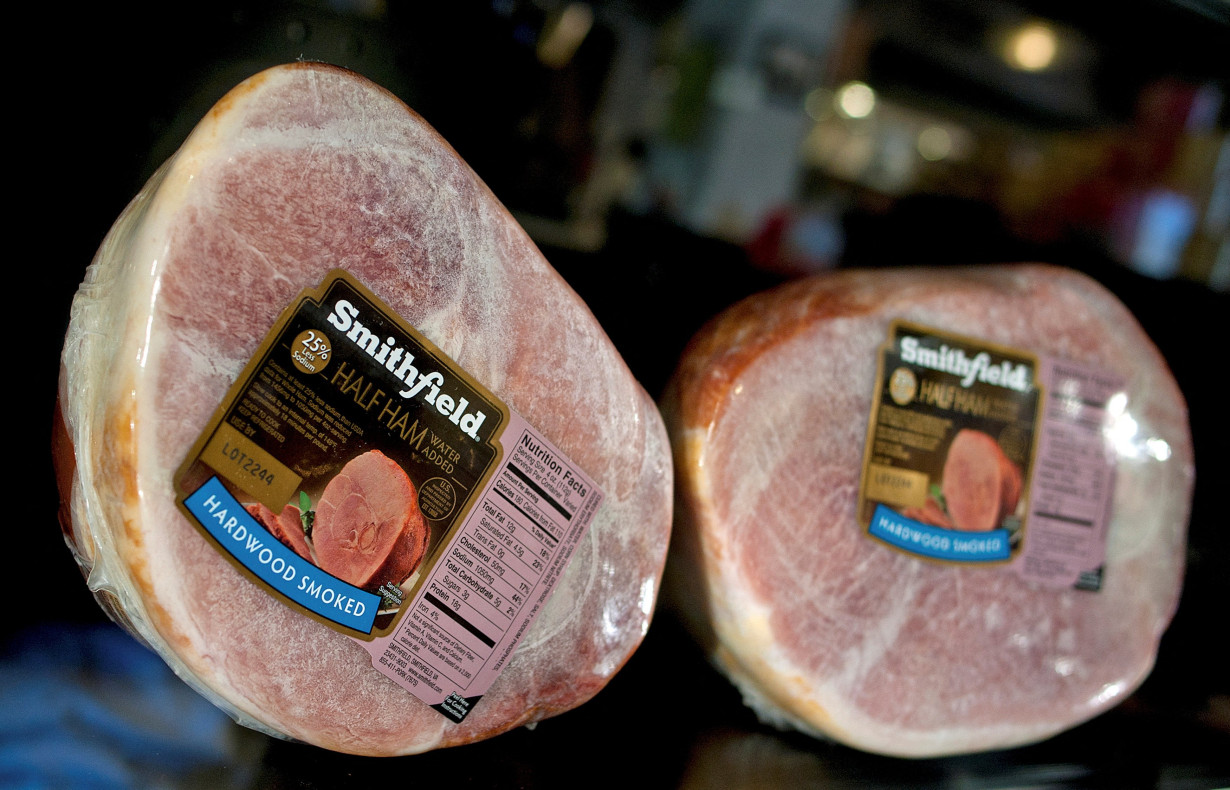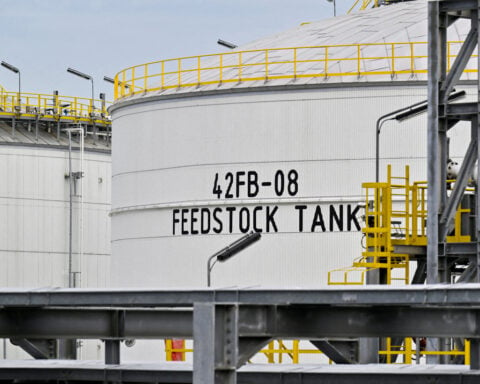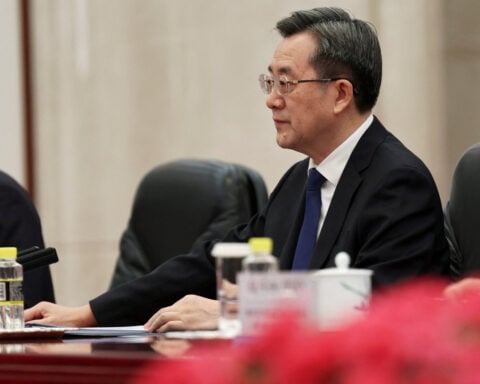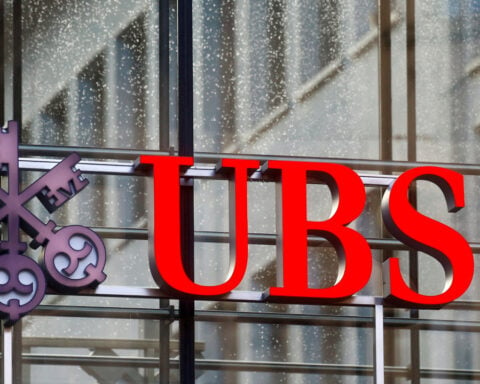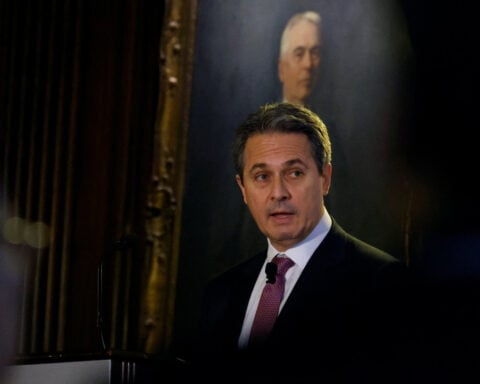By Tom Polansek and Juveria Tabassum
(Reuters) -Smithfield Foods said on Tuesday that cautious consumer spending and higher raw materials costs are limiting profit in its packaged meats business, as the top U.S. pork processor reported its first quarterly results since going public in January.
The Virginia-based company has focused on selling pork, ham and sausages under brands including Smithfield, Eckrich and Nathan's Famous because its packaged meats business can earn higher margins than a unit that produces hogs.
But increasing materials costs and a later date for the Easter holiday, when many consumers eat ham, are dampening profitability in the first quarter of 2025, Chief Financial Officer Mark Hall told analysts on a call.
Smithfield projected adjusted operating profit for packaged meats at $1.05 billion to $1.15 billion this fiscal year, compared with about $1.1 billion in 2024.
"We are providing a range of estimates that really takes in to account higher input prices and a cautious consumer spending environment," said Steve France, the unit's president.
Smithfield said total sales fell 1.2% to $3.95 billion in the quarter ended Dec. 29, and profit per share was 54 cents, compared with a loss of 25 cents a year earlier.
Shares were down 0.9% at $19.43 at midday.
Packaged meat sales rose 2.2% in the quarter, compared with a year earlier, and accounted for 59% of total sales last year.
Average prices for Smithfield's packaged meats last year rose 3.1%, offsetting a 2.5% decline in sales volumes, Hall said. Bacon sales suffered from laws in California and Massachusetts that ban the sale of pork from pigs kept in tightly confined spaces, he added.
Smithfield's hog production business is benefiting from higher hog prices and lower feed costs, CEO Shane Smith said.
The company has shifted toward buying more of the hogs it processes, rather than owning them while they are being raised, to lessen its exposure to volatile commodity markets. It expects to produce 11.5 million hogs in 2025, down 35% from 2019, and is targeting a drop to 10 million hogs over the medium term, executives said.
Regarding tariff disputes under U.S. President Donald Trump, the company said its fresh pork business is seeing "fairly minimal" disruptions.
(Reporting by Juveria Tabassum in Bengaluru and Tom Polansek in Chicago; Editing by Krishna Chandra Eluri and Matthew Lewis)

 Trump has begun another trade war. Here's a timeline of how we got here
Trump has begun another trade war. Here's a timeline of how we got here
 Canada's leader laments lost friendship with US in town that sheltered stranded Americans after 9/11
Canada's leader laments lost friendship with US in town that sheltered stranded Americans after 9/11
 Chinese EV giant BYD's fourth-quarter profit leaps 73%
Chinese EV giant BYD's fourth-quarter profit leaps 73%
 You're an American in another land? Prepare to talk about the why and how of Trump 2.0
You're an American in another land? Prepare to talk about the why and how of Trump 2.0
 Chalk talk: Star power, top teams and No. 5 seeds headline the women's March Madness Sweet 16
Chalk talk: Star power, top teams and No. 5 seeds headline the women's March Madness Sweet 16
 Purdue returns to Sweet 16 with 76-62 win over McNeese in March Madness
Purdue returns to Sweet 16 with 76-62 win over McNeese in March Madness
